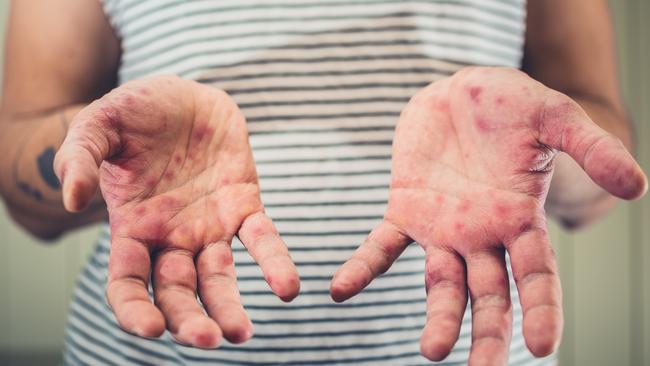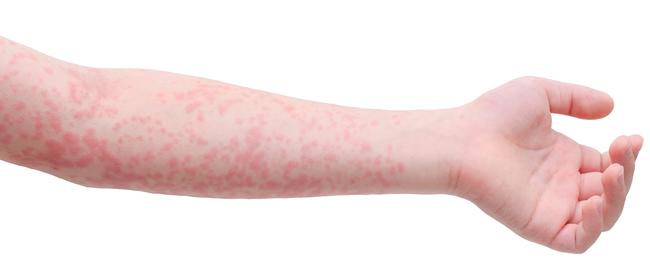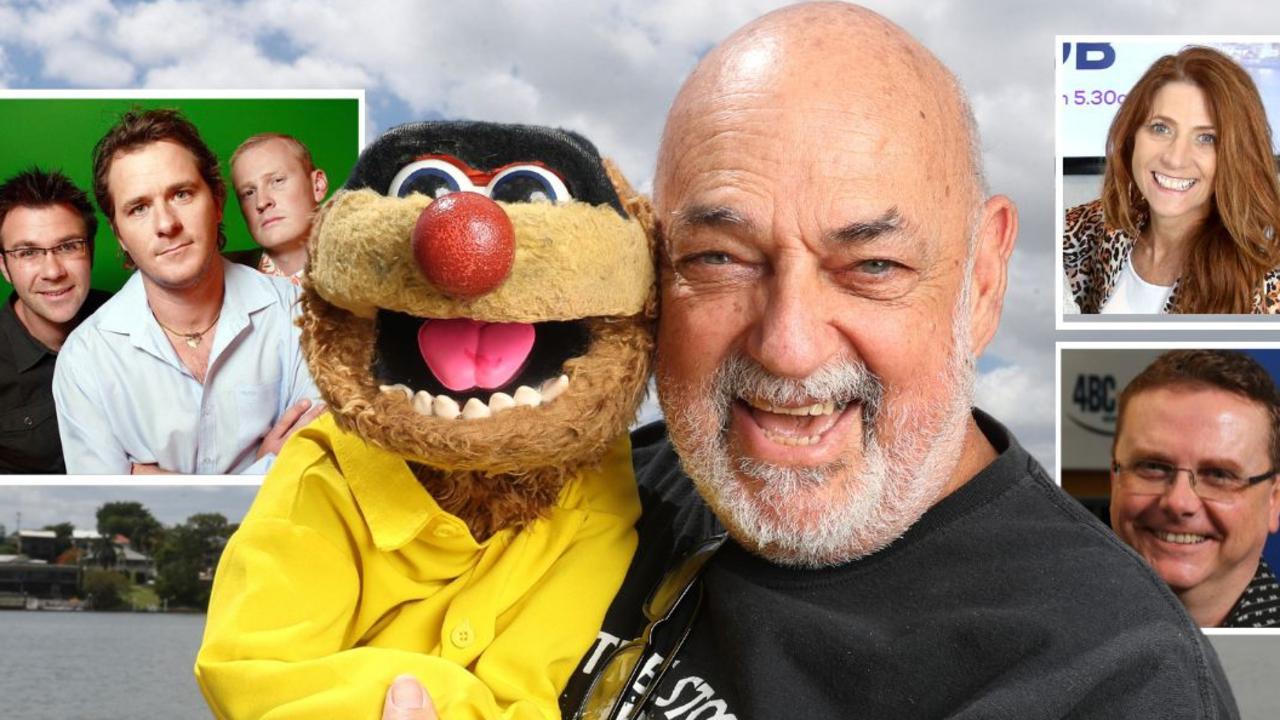Qld Health issues measles alert for Brisbane’s southside
QUEENSLAND Health has issued a measles alert after being notified an infected person visited Brisbane’s southside.

South West
Don't miss out on the headlines from South West. Followed categories will be added to My News.
QUEENSLAND Health has issued a measles alert after being notified an infected person visited Brisbane’s southside on the weekend.
The person was likely to be infectious whilst visiting the following locations last Saturday and Sunday, April 6 and 7:
Saturday: Arrived at Roma Street bus station 8.45pm on train from Sydney. Spent night at Somewhere to Stay, Highgate Hill.
Sunday: Left Somewhere to Stay, Highgate Hill and walked into the emergency department of Princess Alexandra Hospital at 8pm.
FLU JABS NOW AVAILABLE AT PHARMACIES FOR ANTI-VAXXERS’ TEENS
It was unclear how the infected person travelled from Roma St to Highgate Hill and then the hospital.
Metro South Health public health physician Dr Bhakti Vasant said people who had been at these locations during those times needed to be alert for symptoms, unless they were older (born before 1966), or had received two doses of measles vaccine, or had experienced a documented measles illness in the past.

“If people are adequately vaccinated with two recorded doses of Measles Mumps Rubella (MMR) vaccine, they are very unlikely to get the disease,” Dr Vasant said.
“People who are unsure or have concerns about their immunity to measles should contact their doctor to check whether they have had both vaccines.”
Measles is one of the most infectious of all communicable diseases and is spread by tiny droplets through coughing and sneezing.
It is a serious viral infection that causes fever, cough, runny nose, then a red spotty rash and sore eyes a few days later.
Symptoms usually start around seven to 10 days after contact with a person with measles but sometimes longer so anyone who develops measles-like symptoms within the next fortnight should contact their GP for advice.

“It is very important to call the medical practice first to say you could have measles, so that staff can take precautions to avoid spreading the disease to others,” Dr Vasant said.
Measles can make people very unwell and although complications are uncommon they can be very serious. Approximately 30% of adults with measles will be hospitalised.
Queensland Health recommends anyone born during or since 1966, who has not had two documented doses of measles, mumps, rubella (MMR) vaccine or had proven measles, should visit their local family doctor to get vaccinated for measles. The vaccine is free for anyone who requires it.
For more information on the measles virus contact 13 HEALTH (13 43 25 84)


